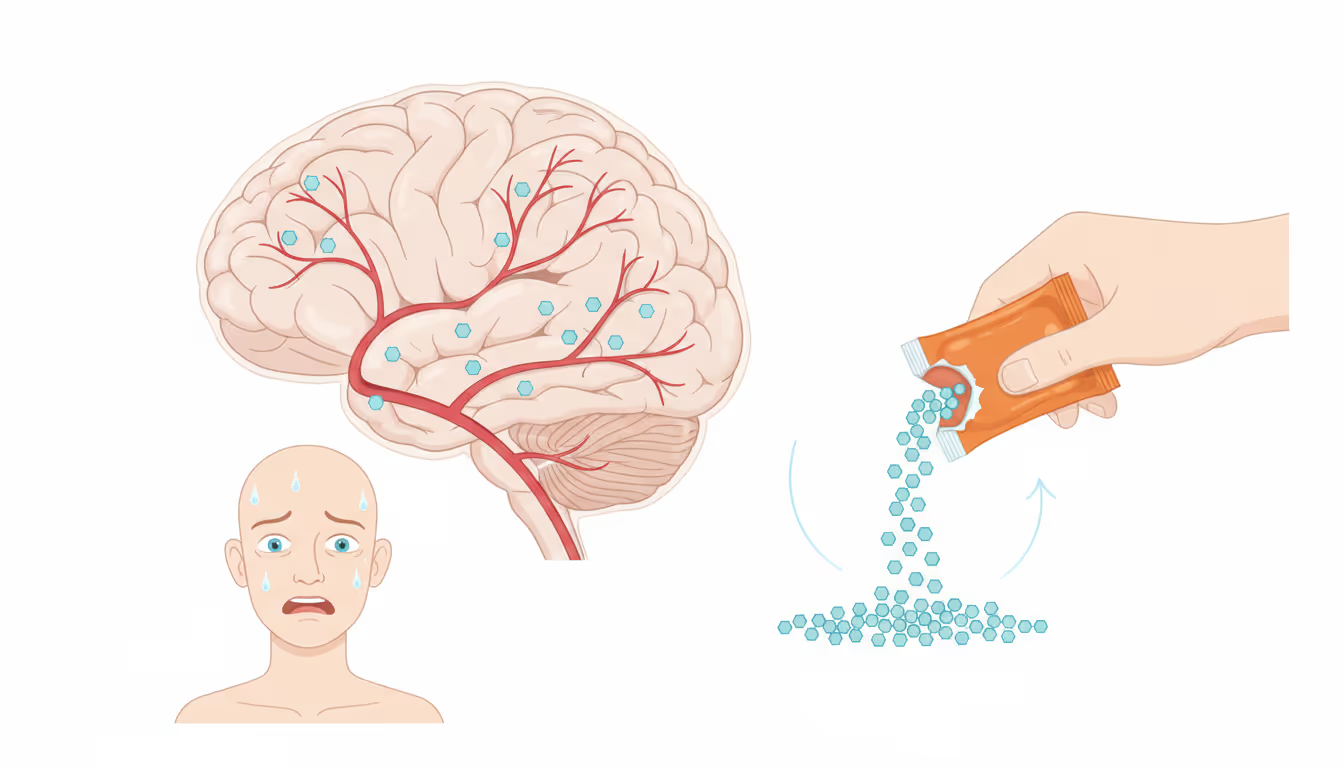
Hypoglycemia:This condition is characterized by a drop in blood sugar (glucose) levels. It can lead to symptoms like anxiety, excessive sweating, nausea, and pale skin. When the brain does not receive enough glucose, which is essential for its proper functioning, it can result in headaches, slight confusion, unusual behavior, loss of consciousness, and even coma. In more severe cases, hypoglycemia can be fatal. Various factors can trigger hypoglycemia, including certain medications, the absence of the stomach due to surgery, insulin-secreting tumors, and pre-existing conditions. Some individuals experience symptoms during fasting periods, known as fasting hypoglycemia, while others encounter them after eating, referred to as reactive hypoglycemia. To address acute hypoglycemia, immediate administration of glucose is necessary, repeating the process if symptoms persist. Long-term treatment should focus on addressing the root cause. For reactive hypoglycemia, dietary modifications are recommended, such as reducing intake of concentrated sweets and consuming several small meals throughout the day.




